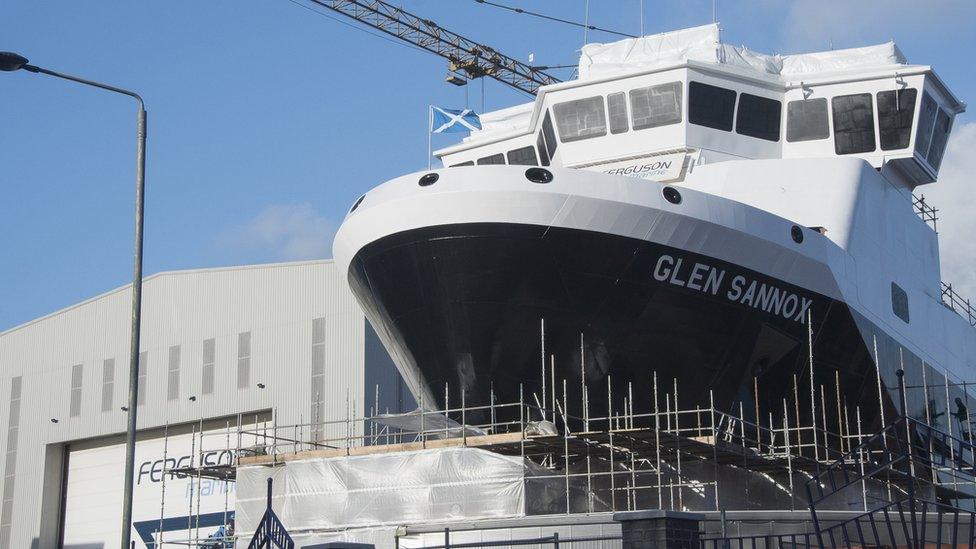'Catastrophic' failings over Ferguson ferry 'fiasco'
- Published
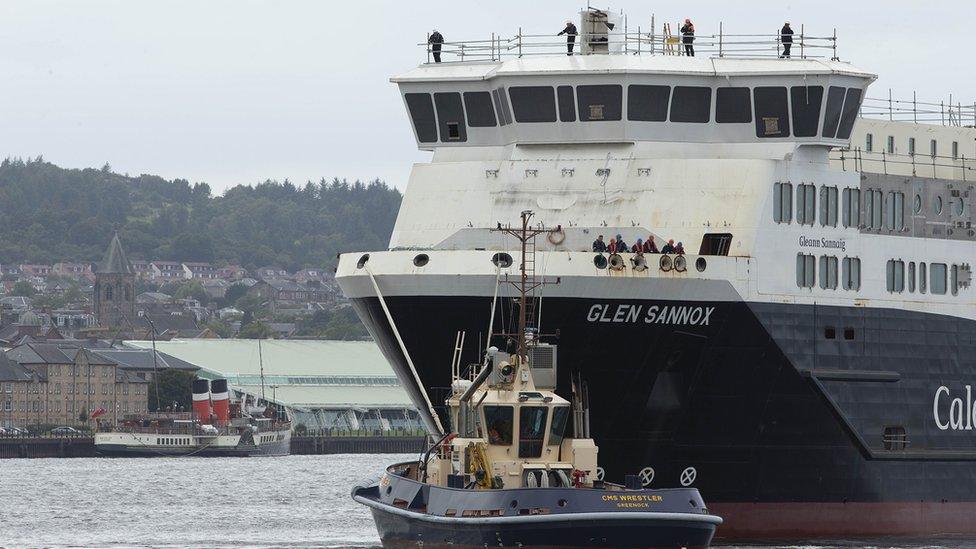
A Holyrood probe into the construction of two overdue and over-budget ferries for CalMac has branded the management process a "catastrophic failure".
In a damning report MSPs call for "root and branch" reform of the system for procuring ships for Scotland's publicly-owned ferry network.
Former bosses at Ferguson shipyard, ministers, state-owned CMAL and Transport Scotland are all criticised.
The ships are four years late and will cost twice the £97m contract price.
The contract for the ships - Glen Sannox and an unnamed vessel known as hull 802 - was awarded in 2015, a year after businessman Jim McColl stepped in to rescue Ferguson, the last commercial shipyard on the River Clyde.
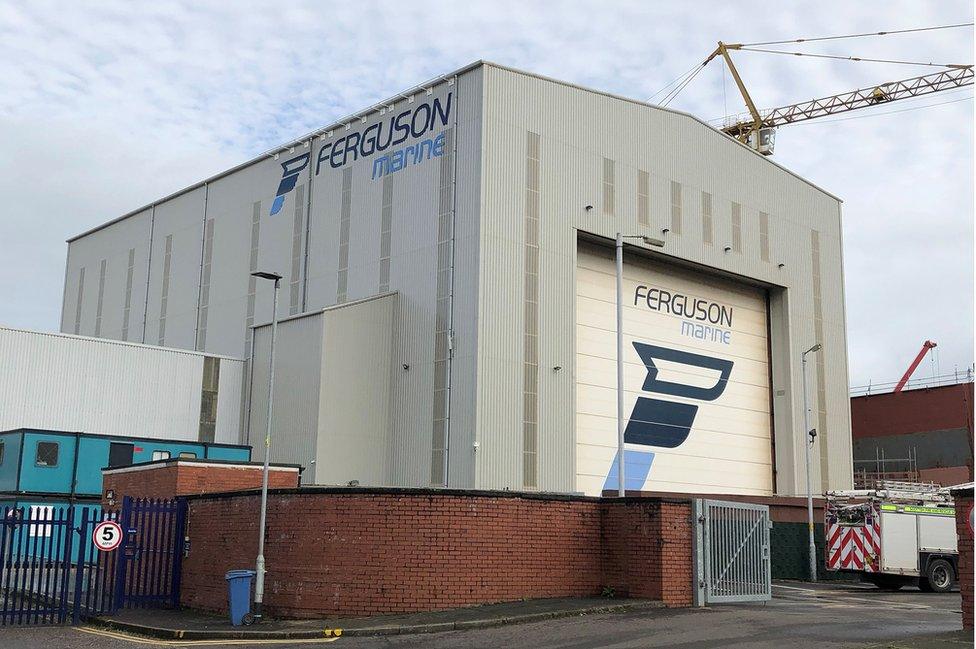
The Ferguson shipyard was under new management when the contract for the ferries was awarded
The first ship was meant to enter service on the Arran route in the summer of 2018 but is now expected to be ready in the summer of 2022. Hull 802, destined for an Outer Hebrides route, is still being built on the slipway. The latest estimated cost for both ships is just short of £200m.
The Ferguson Marine shipyard in Port Glasgow has since gone into administration and been nationalised by the Scottish government, meaning the money will be met from public funds.
A 129-page report from Holyrood's rural economy and connectivity committee concluded that things started to go wrong from the outset:
There was a "lack of robust due diligence" by CMAL, the government owned company which procures ships for the Caledonian MacBrayne ferry network. CMAL and project sponsor Transport Scotland failed to properly assess the financial stability of the yard's new owner - Ferguson Marine Engineering Ltd (FMEL) or its capabilities in project management and design.
Despite the "apparent significant risks", some of which were flagged up by CMAL, the Scottish government proceeded to award the contract to FMEL. As extra costs and project overruns worsened both the government and its agency Transport Scotland failed to intervene.
The initial design requirements lacked detail. After winning the contract, FMEL started building the ships before these designs were sufficiently developed or signed off.
The committee was "appalled" to discover that CMAL was legally bound to continue making milestone payments despite concerns about the performance of the contractor. It found "strong evidence" that FMEL deliberately proceeded to construct sections of the vessels out of sequence or not to specification "purely as a means of triggering milestone payments".
CMAL continued to make these payments, even when presented with a £17m claim for additional costs in July 2017 which should have been an "immediate red flag". As costs escalated rapidly there was a breakdown of communication between CMAL and FMEL.
The committee was "extremely concerned" that despite the spiralling costs and delays, the Scottish government provided a multi-million pound loan facility to FMEL - without communicating with CMAL or Transport Scotland .
There was a "complete lack of transparency" over the purpose and payment of these loans - and the MSPs called on Audit Scotland to investigate how they came to be granted.
While praising the skills and dedication of the Ferguson workforce the MSPs said the system for procuring CalMac ferries was "no longer fit for purpose" and should be overhauled, with some agencies reformed or even abolished.
The Scottish government's approach to the procurement of the ferries was described as "short term, piecemeal and lacking in strategic direction".
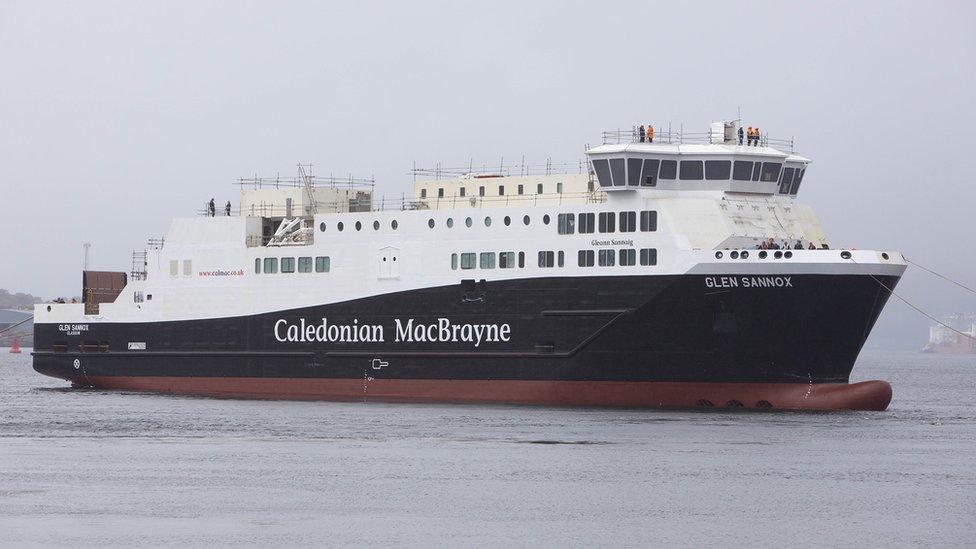
Some islanders have questioned whether such large, dual fuel ferries were a good design choice
The views of islanders - some of whom questioned the suitability of the ferry designs - should be given greater weight in future decision-making, the committee said.
And the "green" credentials of the new hybrid ships - which can use both marine diesel and liquefied natural gas (LNG) - were also questioned.
The LNG is currently set to be imported from the Middle East and transported by lorry from southern England, and could have an "overall negative environmental impact" unless Scotland develops its own facilities.
Branding it a "fiasco", committee convener Edward Mountain said: "All parties involved must share in the responsibility for the catastrophic failure to deliver this contract on time or on budget.
"A lack of due diligence, poor project management and a failure by all parties to take the necessary action to resolve problems as they emerged means that the cost of the contract has increased from £97m to almost £200m while the island communities who are relying on theses ferries to be delivered continue to suffer."


When I was growing up in the Hebrides, ferry journeys on board CalMac's Glen Sannox were notorious.
The vessel did not have stabilisers and in heavy seas it would rock and heave, leaving many green about the gills.
The old Glen Sannox has long since left service but a ferry of the same name is one of the two under construction on the Clyde.
While their stability at sea has yet to be fully tested, the procurement of these vessels has been anything but plain sailing.
That they are four years overdue and costing twice the original budget is a scandal that reflects badly on all involved.
Ultimately, the buck stops with the Scottish government which awarded the contracts, helping to sustain a yard that had recently come under threat of closure.
However well-meaning the intentions of ministers, their decisions have cost them serious reputational damage and the public tens of million of pounds.

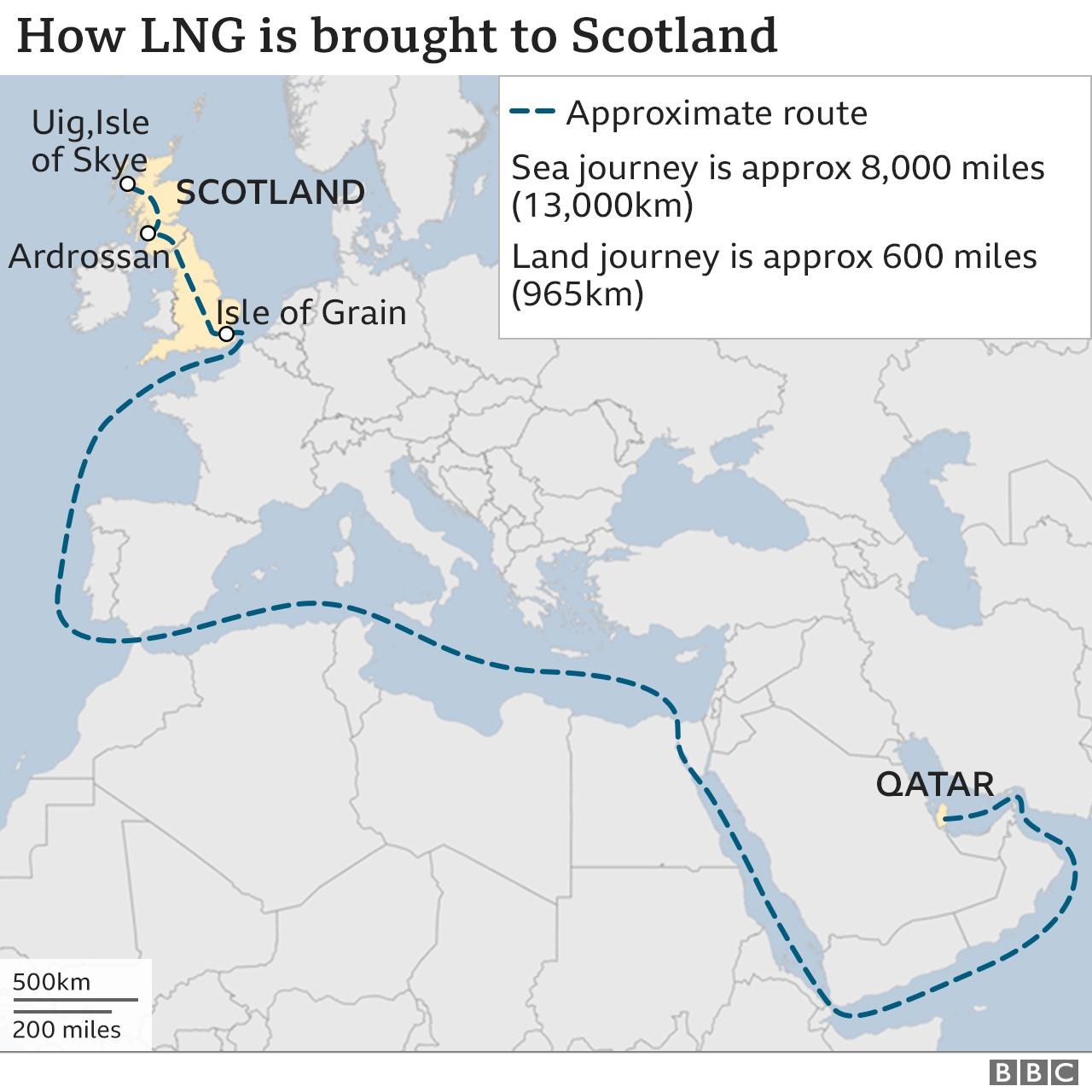
The Scottish government promised to study the report and said it would respond to its recommendations in due course.
A spokesperson said: "We remain fully supportive of the efforts of CalMac, CMAL and Transport Scotland in delivering ferry services on the Clyde and Hebrides Network and to the Northern Isles, but we also recognise the challenges in doing so and the need for continuous improvement to optimise delivery.
"We have already committed to commission a study of the legal structures and governance arrangements which exist between the "tripartite group" of Transport Scotland, CMAL and CalMac and will publish a ferries stakeholder engagement strategy."
CMAL said it had given "robust" evidence to the committee that the problems were driven by "supplier failure".
A spokesperson said: "We have a successful track record of delivering ferry projects on time and budget and we are committed to continuous improvement of our processes, so steps are already being taken to further develop the planning process for new ferries."
A former senior manager at Ferguson shipyard, before it went into administration, said the criticism that they should not have proceeded without the design being complete was "pretty fair".
But he said the milestone payments showed the contract was being delivered as specified, and the extra costs mainly arose from changing specification.
Related topics
- Published23 March 2022
